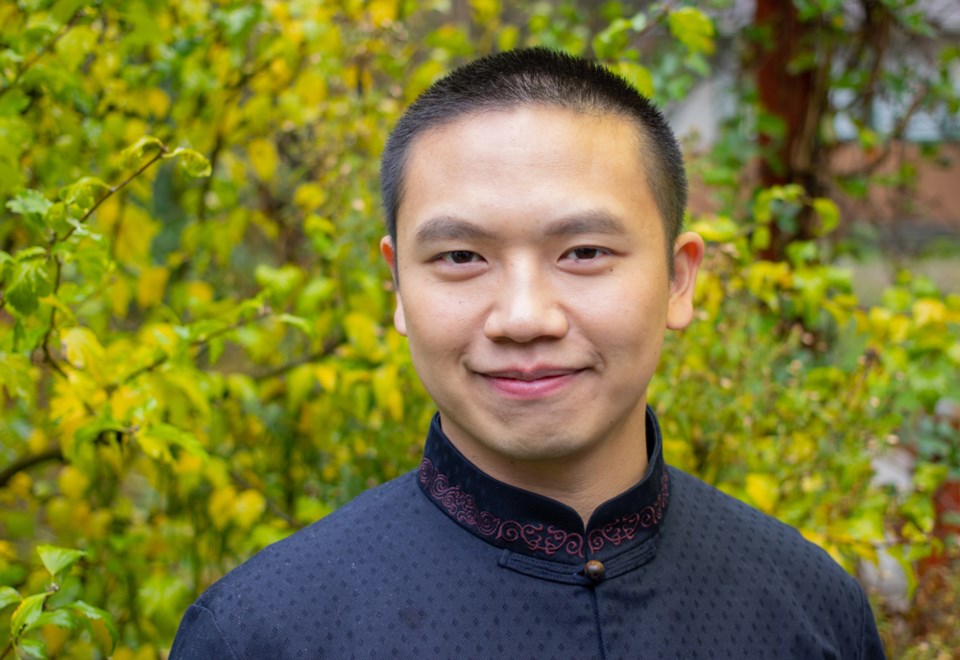It’s often best to have first-hand experience to truly appreciate specific things in life.
Alex Hui knows that well.
As a youngster growing up in Hong Kong, he injured his knee training in martial arts.
A collection of doctors couldn’t find a solution to help.
But an acupuncturist did.
“That got me interested in the treatment and how it could help others,” says Hui, who came to Canada in 2008 to do his undergraduate degree at UBC and later studied acupuncture at PCU College of Holistic Medicine to become a registered acupuncturist and Chinese Medicine Practitioner.
Today, he uses his knowledge and expertise to treat patients experiencing a wide range of conditions, from injuries sustained in vehicle accidents to internal medical conditions, such as digestive, cardiovascular, and women’s health issues.
If the condition is the result on a vehicle accident, ICBC coverage allows claimants to undergo 12 acupuncture treatments without charge.
“I have a lot of patients, who, after being involved in an accident, have insomnia, nausea, headaches and migraines—issues where acupuncture could be helpful in solving their condition,” Hui says.
“It’s mostly pain-related conditions in terms of muscle and joint discomfort they are experiencing. And, studies show, acupuncture can release hormones that can decrease pain naturally and stimulate the body’s built-in healing mechanisms,” Hui says. “It can also improve circulation and make a person’s recovery much faster.”
Combinations of treatment are often an effective way of addressing a condition. That’s why Hui suggests, that when appropriate, patients undergo massage or physiotherapy at the same time as acupuncture, since both are covered separately through ICBC, and can be complimentary.
“While each method has different strengths, acupuncture can help a lot with decreasing pain and treating internal issues,” Hui says.
“Acupuncture can also definitely help a patient decrease their usage of drugs to treat a condition. I have many patients who have either a sleeping or pain problems, and after a couple of sessions of acupuncture they notice they can lessen their dosage, which is good, particularly if it reduces the side effects of the medication.”
To help first-timers who may be reluctant to undergo acupuncture, Hui says he can use a small number of ultra-thin needles to start or use other therapies such as cupping or acupressure.
“Regular acupuncture needles are already much thinner than those used to draw blood for tests, so it’s not painful,” Hui says.
As for how quickly results can be seen, Hui says some patients experience relief immediately.
“Others need three to five sessions. It all depends on the case and the severity of the injury,” he says.
For more information about how acupuncture can help you, visit alexhui.com/clinic.



